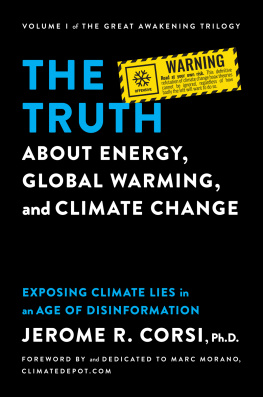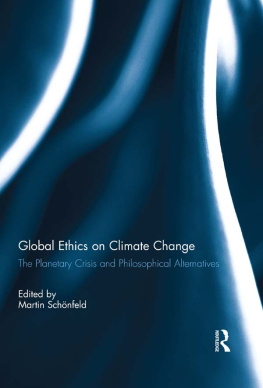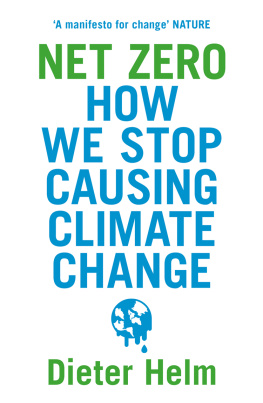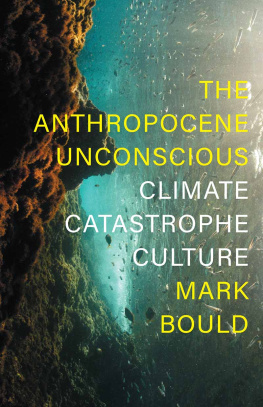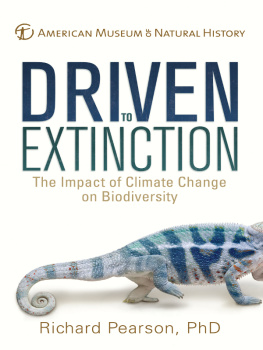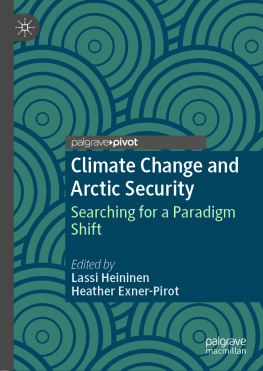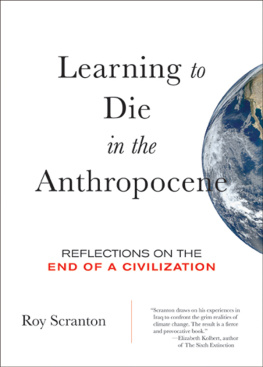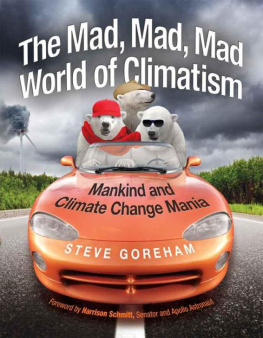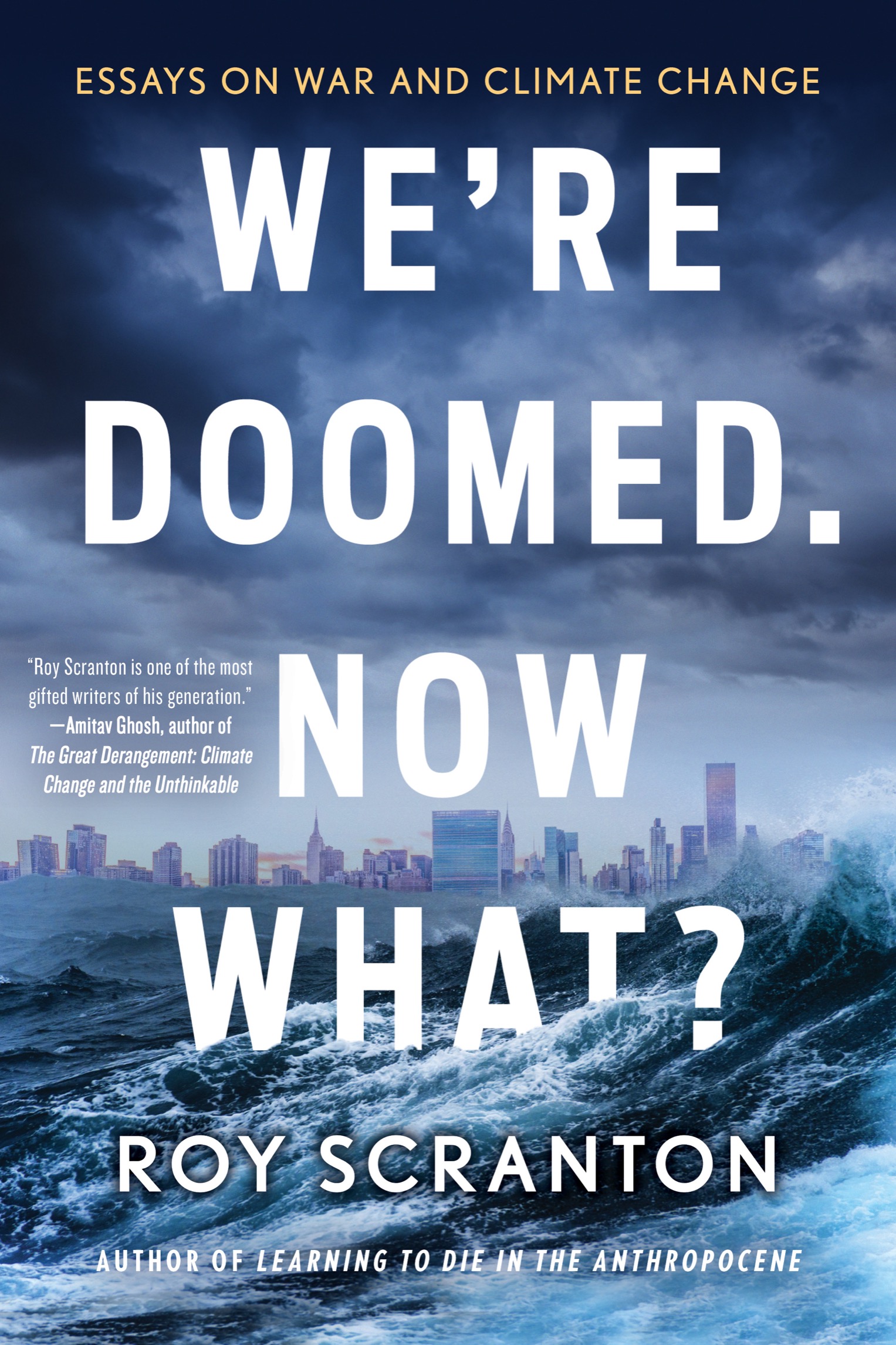Also by the Author
War Porn
Learning to Die in the Anthropocene
Copyright 2018 by Roy Scranton
All rights reserved.
Published by
Soho Press, Inc.
853 Broadway
New York, NY 10003
Library of Congress Cataloging-in-Publication Data
Names: Scranton, Roy, 1976 author.
Were doomed, now what?:
essays on war and climate change / Roy Scranton.
ISBN 978-1-61695-936-4
eISBN 978-1-61695-937-1
1. Civilization, Modern21st century. 2. Climatic changes. 3. War.
4. Social change. I. Title
CB428 .S425 2018 909.82dc23 2017055380
Interior design by Janine Agro
Printed in the United States of America
10 9 8 7 6 5 4 3 2 1
For Sara
Where do we find ourselves? In a series of which we do not know the extremes, and believe that it has none.
Ralph Waldo Emerson, Experience
I.
Climate
& Change
Were Doomed. Now What?
The time weve been thrown into is one of alarming and bewildering changethe breakup of the post-1945 global order, a multispecies mass extinction, and the beginning of the end of civilization as we know it. Not one of us is innocent, not one of us is safe. The world groans under the weight of seven billion humans; every new birth adds another mouth hungry for food, another life greedy for energy.
We all see whats happening, we read it in the headlines every day, but seeing isnt believing, and believing isnt accepting. We respond according to our prejudices, acting out of instinct, reflex, and training. Right-wing denialists insist that climate change isnt happening, or that its not caused by humans, or that the real problem is terrorism or refugees, while left-wing denialists insist that the problems are fixable, under our control, merely a matter of political will. Accelerationists argue that more technology is the answer. Incrementalists tell us to keep trusting the same institutions and leaders that have been failing us for decades. Activists say we have to fight, even if were sure to lose.
Meanwhile, as the gap between the future were entering and the future we once imagined grows ever wider, nihilism takes root in the shadow of our fear: if all is already lost, nothing matters anyway.
You can feel this nihilism in TV shows like The Walking Dead and Game of Thrones , and you can see it in the pull to nationalism, sectarianism, war, and racial hatred. We saw it in the election of Donald Trump. Nihilism defines our current moment, though in truth its nothing new. The Western world has been grappling with radical nihilism since at least the seventeenth century, when scientific insights into human behavior began to undermine religious belief. Philosophers have struggled since then to fill the gap between fact and meaning: Kant tried to reconcile empiricist determinism with God and Reason; Bergson and Peirce worked to merge Darwinian evolution and human creativity; more recent thinkers glean the stripped furrows neuroscience has left to logic and language.
Scientific materialism, taken to its extreme, threatens us with meaninglessness; if consciousness is reducible to the brain and our actions are determined not by will but by causes, then our values and beliefs are merely rationalizations for the things we were going to do anyway. Most people find this view of human life repugnant, if not incomprehensible.
In her book of essays The Givenness of Things , Marilynne Robinson rejects the materialist view of consciousness, arguing for the existence of the human soul by insisting that the souls metaphysical character makes it impervious to materialist arguments. The soul, writes Robinson, is an intuition that cannot be dispelled by proving the souls physicality, from which it is aloof by definition. And on these same grounds, its nonphysicality is no proof of its nonexistence.
The biologist E. O. Wilson spins the problem differently: Does free will exist? he asks in The Meaning of Human Existence . Yes, if not in ultimate reality, then at least in the operational sense necessary for sanity and thereby for the perpetuation of the human species. Robinson offers an appeal to ignorance; Wilson, an appeal to consequences; both arguments are fallacious.
Yet as Wilson suggests, our dogged insistence on free agency makes a kind of evolutionary sense. Indeed, humanitys keenest evolutionary advantage has been its drive to create collective meaning. That drive is as ingenious as it is relentless, and it can find a way to make sense of despair, depression, catastrophe, genocide, war, disaster, plagues, and even the humiliations of science.
Our drive to make meaning is powerful enough even to turn nihilism against itself. As Friedrich Nietzsche, one of Western philosophys most incisive diagnosticians of nihilism, wrote near the end of the nineteenth century: Man will sooner will nothingness than not will. This dense aphorism builds on one of the thoughts at the core of Nietzsches philosophy, today so widely accepted as to be almost unrecognizable, that human beings make their own meaning out of life.
In this view, there is no ultimate, transcendent moral truth. As Nietzsche put it in an early essay, On Truth and Lies in a Nonmoral Sense, truth is no more than a mobile army of metaphors, metonyms, and anthropomorphisms. If we can stomach the moral vertigo this idea might induce, we can also see how its not necessarily nihilistic but, in the right light, a testament to human resilience.
The human ability to make meaning is so versatile, so powerful, that it can make almost any existence tolerable, even a life of unending suffering, so long as that life is woven into a bigger story that makes it meaningful. Humans have survived and thrived in some of the most inhospitable environments on Earth, from the deserts of Arabia to the ice fields of the Arctic, because of this ability to organize collective life around symbolic constellations of meaning: anirniit , capital, jihad. If we have our own why in life, Nietzsche wrote, we shall get along with almost any how.
When he wrote Man will sooner will nothingness than not will, Nietzsche was exposing the destructive side of humanitys meaning-making drive. That drive is so powerful, Nietzsches saying, that when forced to the precipice of nihilism, we would choose meaningful self-annihilation over meaningless bare life. This insight was horrifically borne out in the Gtterdmmerung of Nazi Germany, just as its being borne out today in every new suicide attack by jihadi terroristseven as its being borne out here at home in Trumps willfully destructive politics of rage. We risk it when we stumble toward another thoughtless war, asking young men and women to throw their lives away so we might continue believing America means something. As a character in Don DeLillos novel White Noise remarks: War is the form nostalgia takes when men are hard-pressed to say something good about their country.
Nietzsche wasnt himself a nihilist. He developed his idea of truth as a mobile army of metaphors into a more complex philosophy of perspectivism, which conceived of subjective truth as a variety of constructions arising out of particular perspectives on objective reality. The more perspectives we learn to see from, the more truth we have access to. This is different from relativism, with which its often confused, which says that all truth is relative and there is no objective reality. Fundamentally, Nietzsche was an empiricist who believed that beyond all of our interpretations there was, at last, something we can call the worldeven if we can never quite apprehend it objectively. Even great spirits have only their five fingers breadth of experience, he wrote. Just beyond it their thinking ceases and their endless empty space and stupidity begins.


